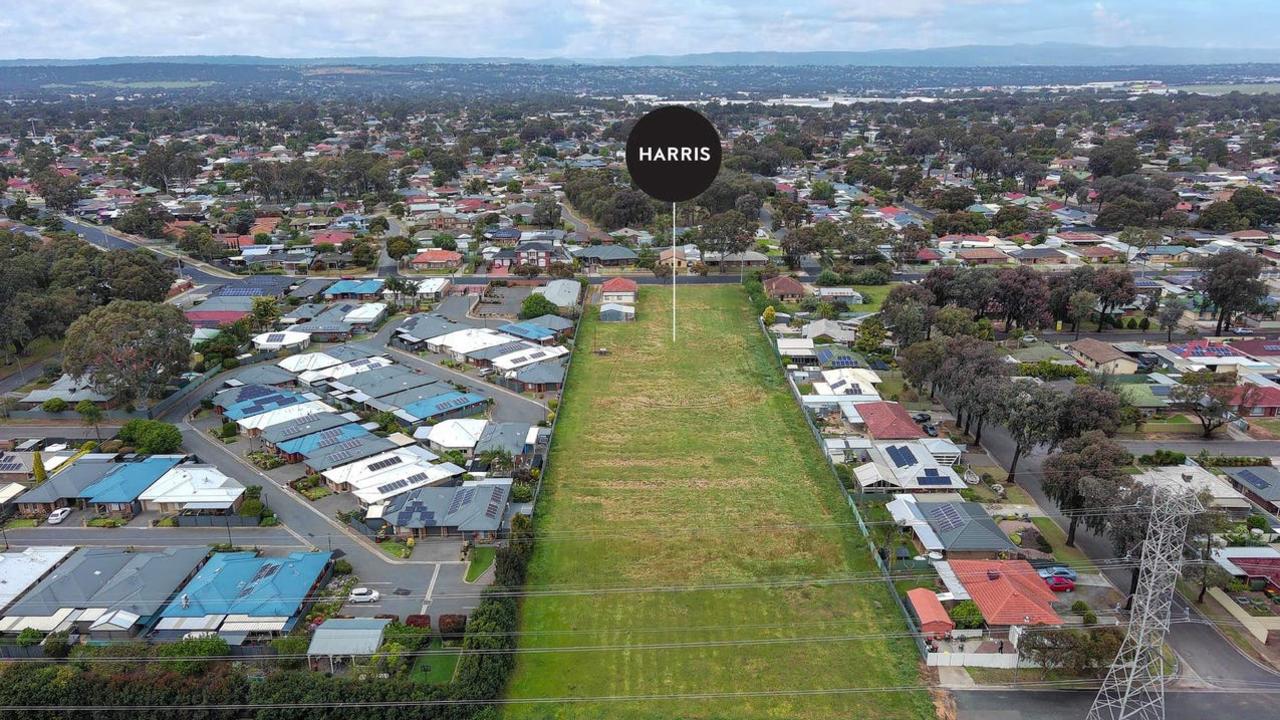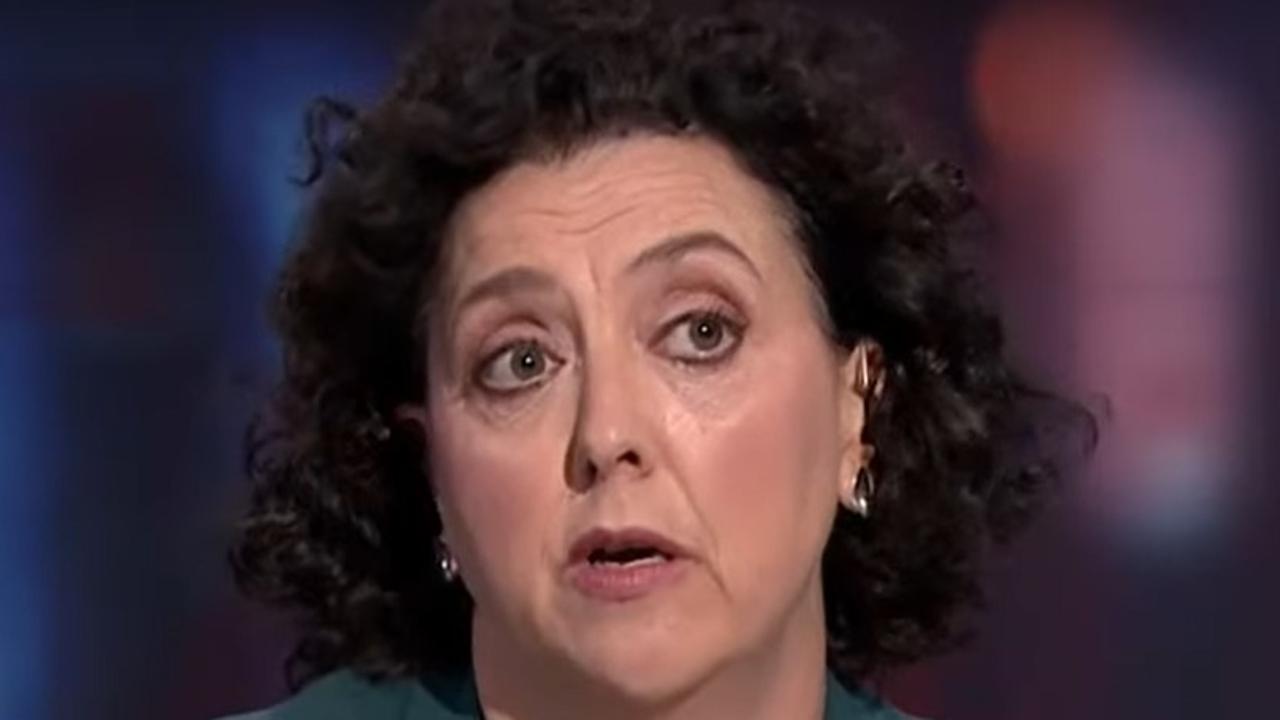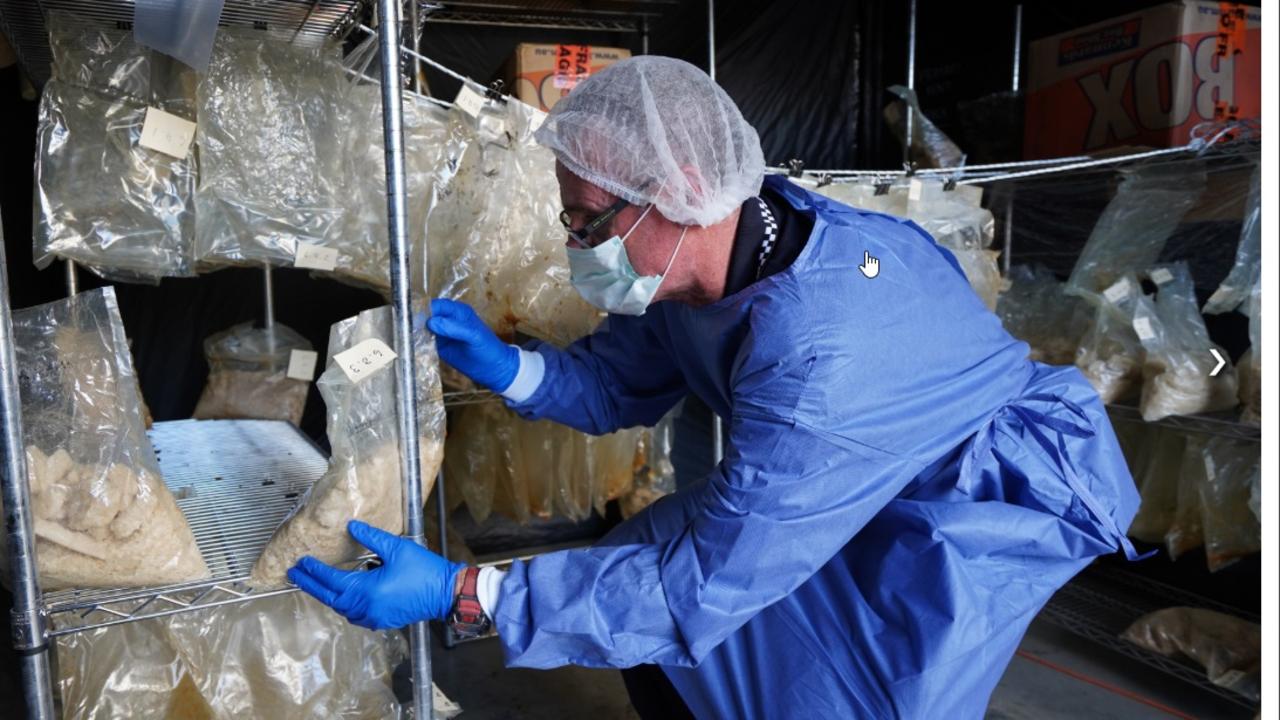Australia’s litigation funding laws a ‘gaping vulnerability’ for foreign interference
The lack of transparency around foreign entities funding lawsuits to advance political agendas or challenge major infrastructure projects is a national security risk, legal experts have warned.

National
Don't miss out on the headlines from National. Followed categories will be added to My News.
The lack of transparency around foreign entities funding lawsuits in Australia to advance political agendas or challenge major infrastructure projects is a national security risk, legal experts have warned.
The Albanese Government is being urged to reinstate regulations it rolled back in 2022 that had subjected litigation funders to higher disclosure requirements and other oversights, meaning Australians have little information about who is bankrolling a class action or lawsuit and why.
For example the Environmental Defenders Office (EDO), which has challenged mine projects across Australia, reported receiving $3.7 million from “overseas” grants in 2022-23, but gave no further detail in its annual report.
Executive director of legal organisation The Samuel Griffith Society, Xavier Boffa said a lack of any “meaningful” disclosure regime and Labor’s 2022 reforms meant there was “no way for Australians to know whether and to what extent foreign governments or activist groups are funding litigation in our courts”.
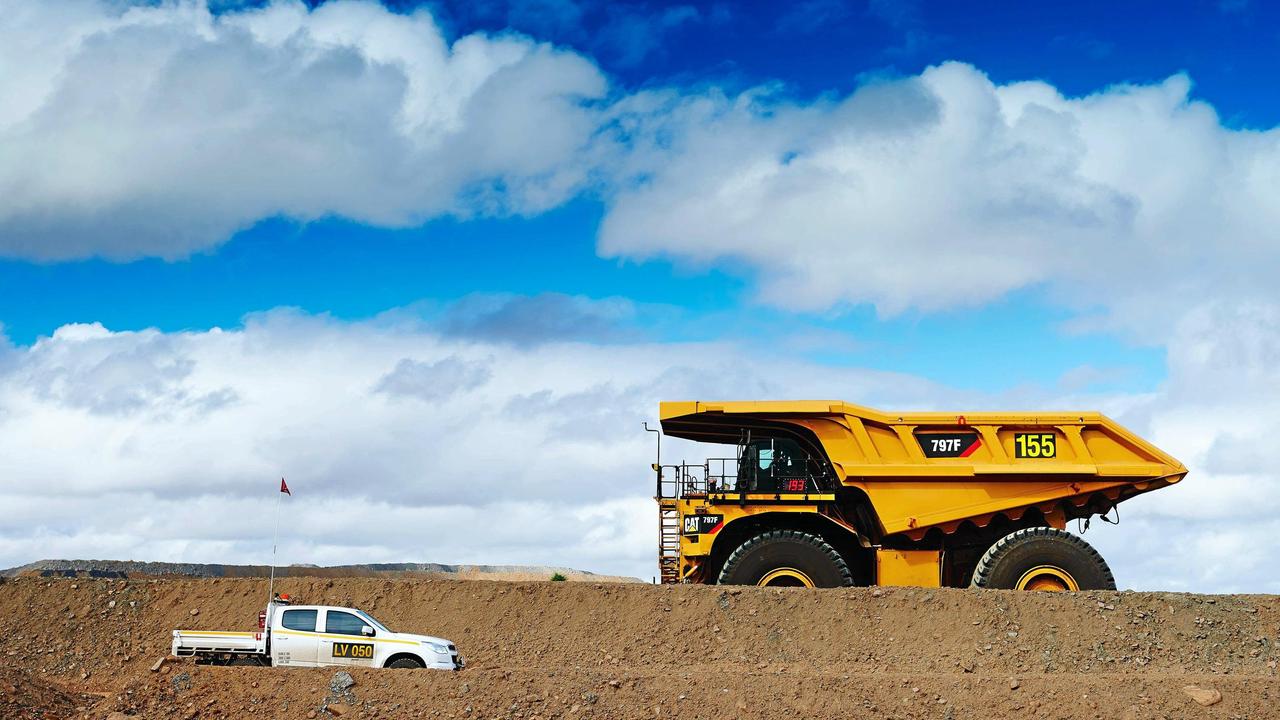
He said this meant groups like the EDO might “wittingly or unwittingly, become tools for foreign political actors” to target Australian businesses and major projects with lawsuits that “threaten national security” and results in “significant costs passed on to everyday Australians”.
“This leaves a gaping vulnerability for countries like China and Russia to exploit where it is in their national interests to undermine major infrastructure projects in Australia,” Mr Boffa said.
A spokesman for EDO said the organisation was a “registered charity and complies with the laws and regulations applicable to charities in Australia”.
Class actions have become a lucrative industry in Australia, with $308m paid to litigation funders as part of settlements in the last two years, of which about 82 per cent went to foreign entities.

The vast majority of the $255m sent overseas has gone to litigation funders domiciled in tax havens and low tax jurisdictions, including $152m to funders registered in the Cayman Islands.
Menzies Research Centre executive director David Hughes said Australia was attractive to foreign litigation funders as there’s a “really low bar” for class actions comparable to other countries.
“Litigation funders are swooping in on Australia seeking profits, and are able to lock in at an early stage the set amount of settlement in return,” he said.
Mr Hughes said a lack of transparency about how major lawsuits were bankrolled presented a security risk if litigation became seen as an “easy way to cripple an Australian business”.
“There’s little regulation to stop a foreign entity using litigation for malicious reasons with the objective, not to deliver justice, but the objective being to destabilise our economy,” he said.
“This is an area where we need more oversight, not less.”
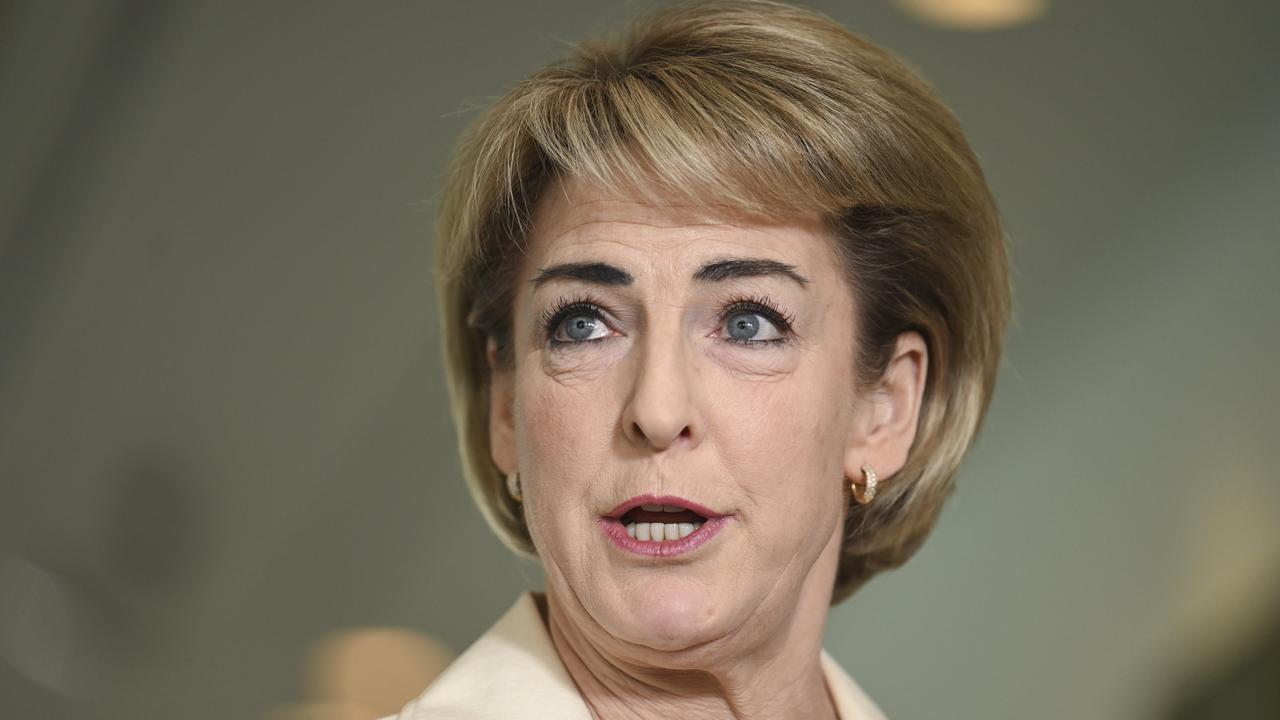
Coalition attorney general spokeswoman Michaelia Cash said the lack of transparency was “highly concerning” and created a “disturbing potential foreign interference risk”.
“Who is funding these major class actions that have the potential block major international projects, and why,” she said.
“Who benefits from our incredibly lax, but highly profitable class action industry?”
Ms Cash said instead of addressing the “obvious” risks, Labor had focused on winding back the obligations that applied to their “mates and political donors in the class action industry”.
“Meanwhile, Australians will be the ones who pay – through delayed projects and higher insurance premiums that are passed through higher everyday costs paid by ordinary families.”

A spokesman for Assistant Treasurer Stephen Jones defended Labor’s decision to reinstate regulatory exemptions for third-party litigation funders in 2020, which he said had “made it more difficult for class action plaintiffs to access funding and have their day in court”.
“The Albanese Government reaffirmed its commitment to ensuring the justice system produces fair and reasonable outcomes in class action proceedings by repealing the coalition’s changes,” he said.
“The government continues to consider the recommendations of the Australian Law Reform Commission.”
More Coverage
Originally published as Australia’s litigation funding laws a ‘gaping vulnerability’ for foreign interference




